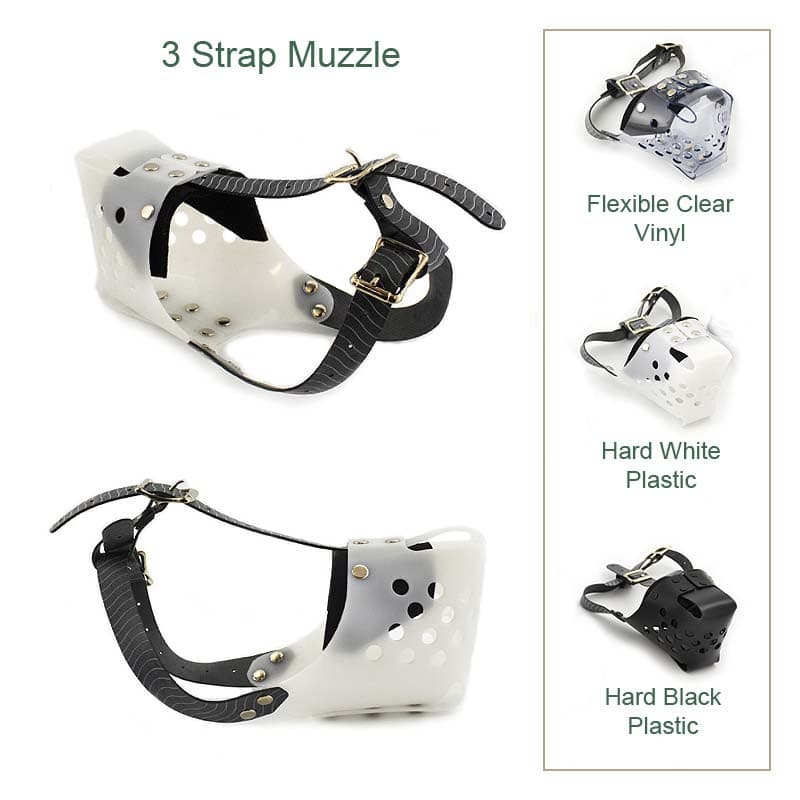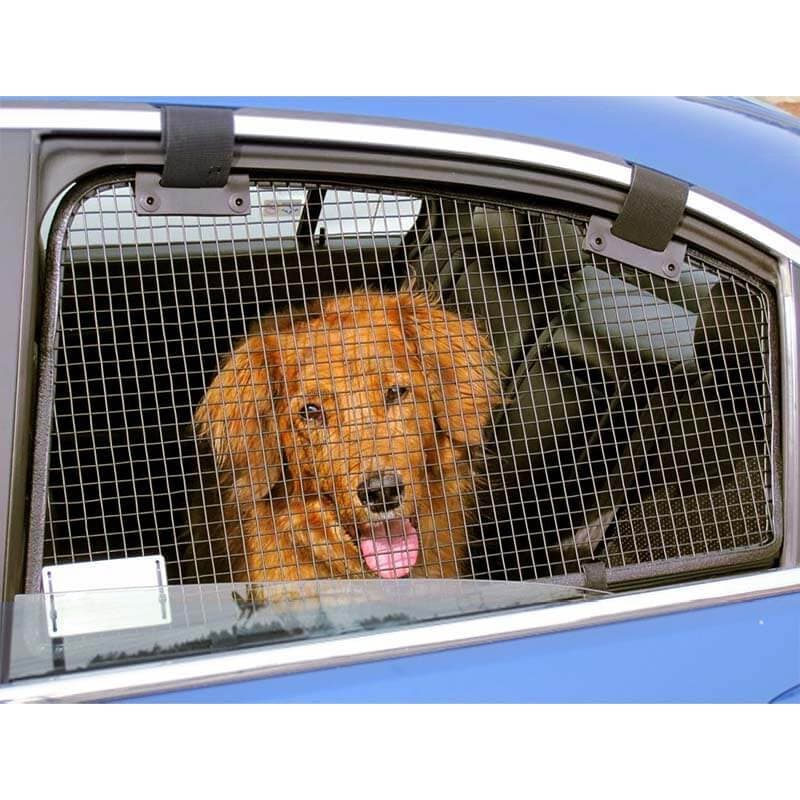Is Collagen Made From Animal Bones?

In recent years, the world of pet care has witnessed a growing trend in providing our furry companions with specialized supplements and treats. These help boost their overall health. One of the most popular trends in dog treats nowadays is collagen chews.
However, many pet owners lack the right information about these chew treats. A major question related to collagen chews is whether the collagen in these treats is made from animal bones. Let's dive into this article to understand what collagen is and where it comes from.
What's Collagen?
Collagen is a major protein in mammals, including dogs, which helps maintain the structural integrity of various tissues, such as skin, muscles, bones, and tendons. Collagen is often referred to as the body's "glue" as it holds everything together.
In dogs, collagen is essential for their overall health. It provides elasticity to their skin, strength to their muscles, and helps maintain healthy joints. As dogs age, just like humans, their natural collagen production decreases, potentially leading to joint issues, reduced mobility, and skin problems. Therefore, you must provide your furry friends with high-quality collagen chews.
Where Does the Collagen in Chews Come From?
Collagen used in chews for dogs can be derived from various sources, with the most common being:
- Bovine (Cow) Collagen: Collagen can be sourced from the connective tissues of cows, such as their skin, bones, and cartilage. Bovine collagen is often used in pet supplements, including chews, due to its abundance and effectiveness.
- Chicken Collagen: Chicken collagen, derived from chicken bones and cartilage, is another source used in some dog chews. It is known for being rich in type II collagen, which benefits joint health.
- Marine Collagen: It is sourced from fish, typically the skin and scales. While less common in dog chews, it is ideal for dogs with sensitivities or allergies to land-based animals.
- Porcine (Pig) Collagen: Collagen from pigs is less common in dog chews but can still be found in some products. It is sourced from pig skin, tendons, and cartilage.
- Plant-Based Collagen: Some dog chews are formulated with plant-based collagen alternatives like agar-agar derived from seaweed. These options cater to dogs with dietary restrictions or ethical concerns about animal-derived products.
When choosing collagen chews for your dog, be sure to carefully go through the product label to determine the source of collagen.
What Are the Benefits of Collagen Chews?
Here are some of the many benefits your dog can enjoy with collagen chews:
- Joint Health: Collagen is vital for joint cartilage, making it a valuable supplement for dogs with joint issues or those prone to arthritis. It might help reduce discomfort and enhance joint mobility.
- Skin and Coat Health: Collagen can contribute to healthy, shiny skin and coat by providing essential amino acids like proline and glycine. These amino acids play a role in collagen production, promoting skin elasticity and fur quality.
- Digestive Health: It has the amino acid glycine, which can support digestive health by helping to repair and strengthen the intestinal lining. This may be particularly beneficial for dogs with digestive issues.
- Wound Healing: Collagen helps in the wound healing process. Providing collagen chews to dogs recovering from injuries or surgeries may aid in tissue repair.
- General Well-Being: Some dogs may experience an overall improvement in vitality and well-being when given collagen supplements. This could manifest as increased energy levels and better overall health.
So, Do Collagen Chews Come from Animal Bones?
Yes, some collagen chews for dogs do come from animal bones, particularly bovine and chicken collagen chews. These chews are typically made by extracting collagen from the connective tissues of these animals, which include bones, cartilage, and tendons. The extracted collagen is then processed into chews or supplements for dogs.
Using animal bones in collagen chews is not a cause for concern as long as the manufacturing process is reputable and follows strict quality standards. Proper processing ensures the final product is safe and free from contaminants.
Are Collagen Chews Safe for Dogs?
Collagen chews for dogs are generally safe when used as directed and sourced from reputable manufacturers. However, be sure to keep the following considerations in mind:
- Quality and Sourcing: Ensure that the collagen chews you choose are from a trustworthy manufacturer that follows strict quality control measures. Look for products made from high-quality sources and free from additives or fillers.
- Dosage: Make sure you take the recommended dosage that is mentioned in the product label. Giving your dog excessive collagen chews may lead to gastrointestinal issues or other health concerns.
- Allergies and Sensitivities: If your dog has known allergies or sensitivities to specific protein sources, carefully check the ingredients to avoid potential allergens.
- Consult Your Veterinarian: Before introducing collagen chews or any new supplement to your dog's diet, consult your veterinarian. The vet can guide you after determining the specific health needs of your dog and recommend the most suitable product.
Conclusion
Collagen chews can be a valuable addition to your dog's diet, offering potential benefits for their overall well-being. These chews can come from various sources, particularly animal bones.
Before introducing collagen chews or any new supplements to your dog's diet, consult your veterinarian to ensure they suit your pet. With the right choice and guidance, collagen chews can be beneficial and tasty for your beloved canine companion, promoting overall health and vitality.
Pet Expertise offers collagen chews made from 100% USA beef corium. You can find collagen chews in different sizes and pricing options here.
- Choosing a selection results in a full page refresh.
- Press the space key then arrow keys to make a selection.



